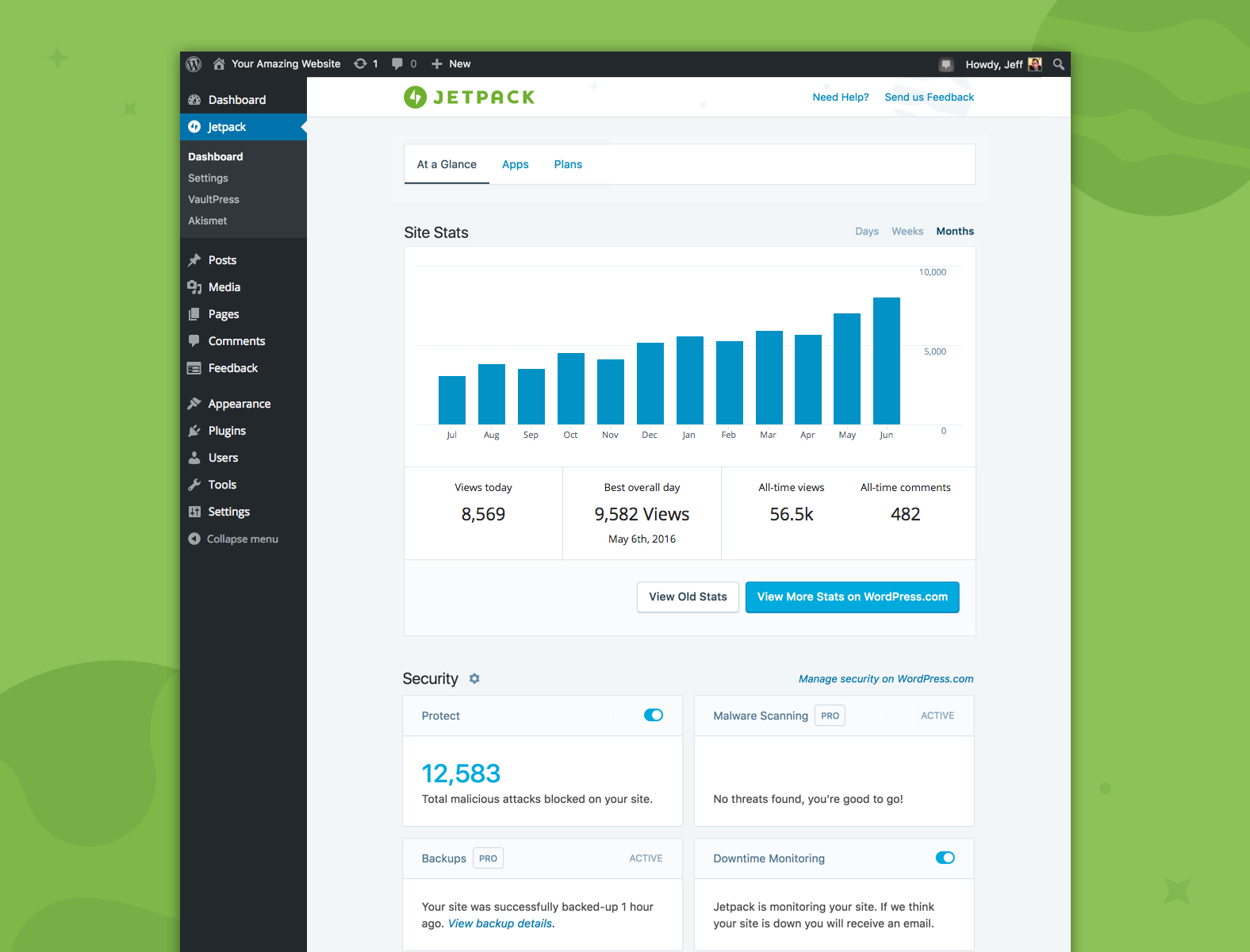Automattic is doubling down on its commitment to using JavaScript in its products. In November 2015, the company debuted Calypso, its first React.js-based product powered by the WordPress.com REST API. Shortly after Calypso’s unveiling, Automattic CEO Matt Mullenweg declared that “JavaScript and API-driven interfaces are the future of not just WordPress but the web.”
Today the company announced the next release of Jetpack will include an admin interface that has been entirely re-written from the ground up to use React.js. After thousands of hours of development from Automattic’s engineers and designers, the upcoming release is now in the hands of beta testers.

The Jetpack team is encouraging theme and plugin developers, as well as hosting providers, to test the beta alongside their products to ensure compatibility before the official release. Anyone who wants to preview it and help find bugs can sign up to be a beta tester, which will give you immediate access to 4.3. Beta testers can report bugs by opening a new issue on Jetpack’s GitHub repository or send feedback via the online beta tester form.
It looks great. While I haven’t tested it, I hope it has the feature parity with what we already have in the current version.